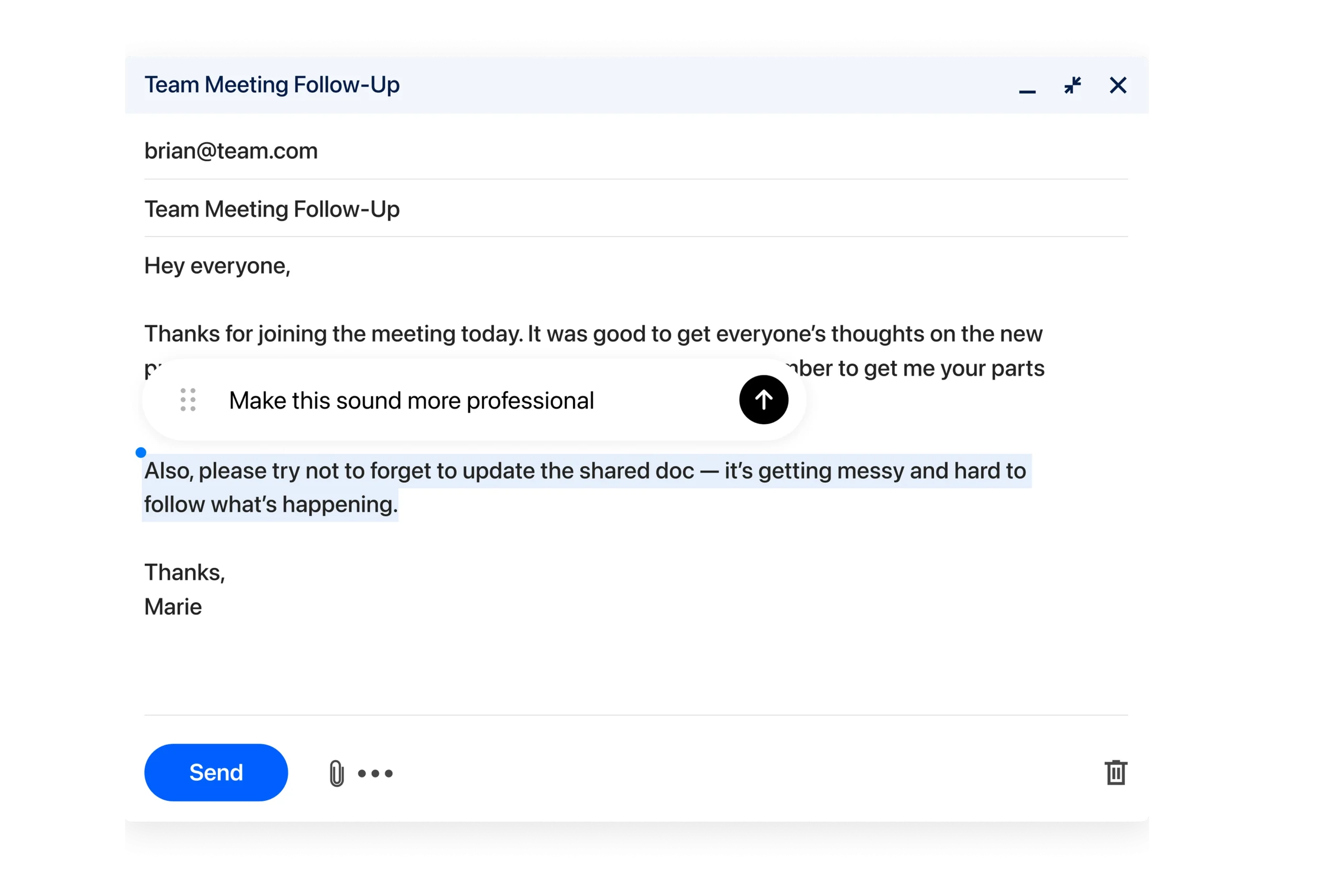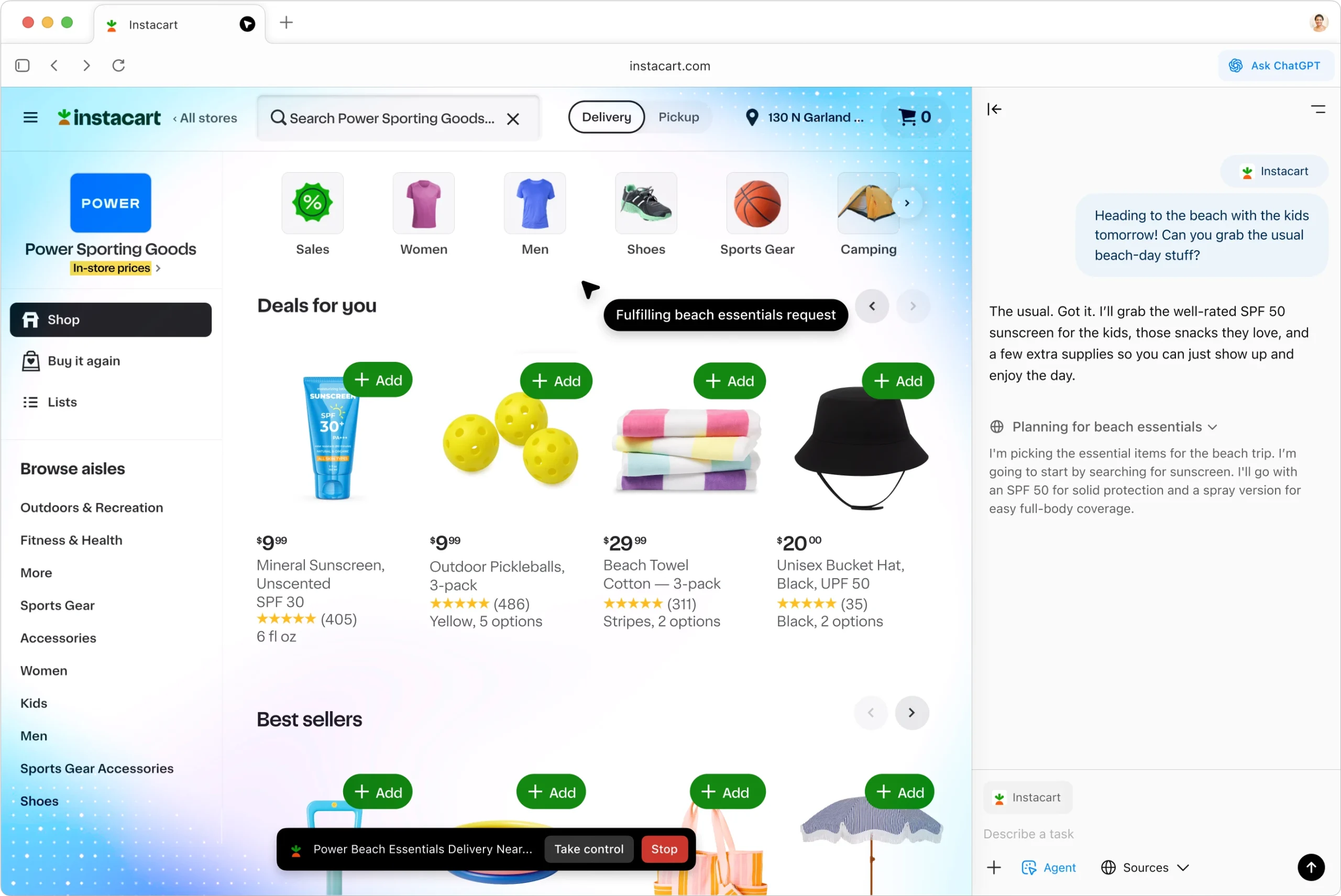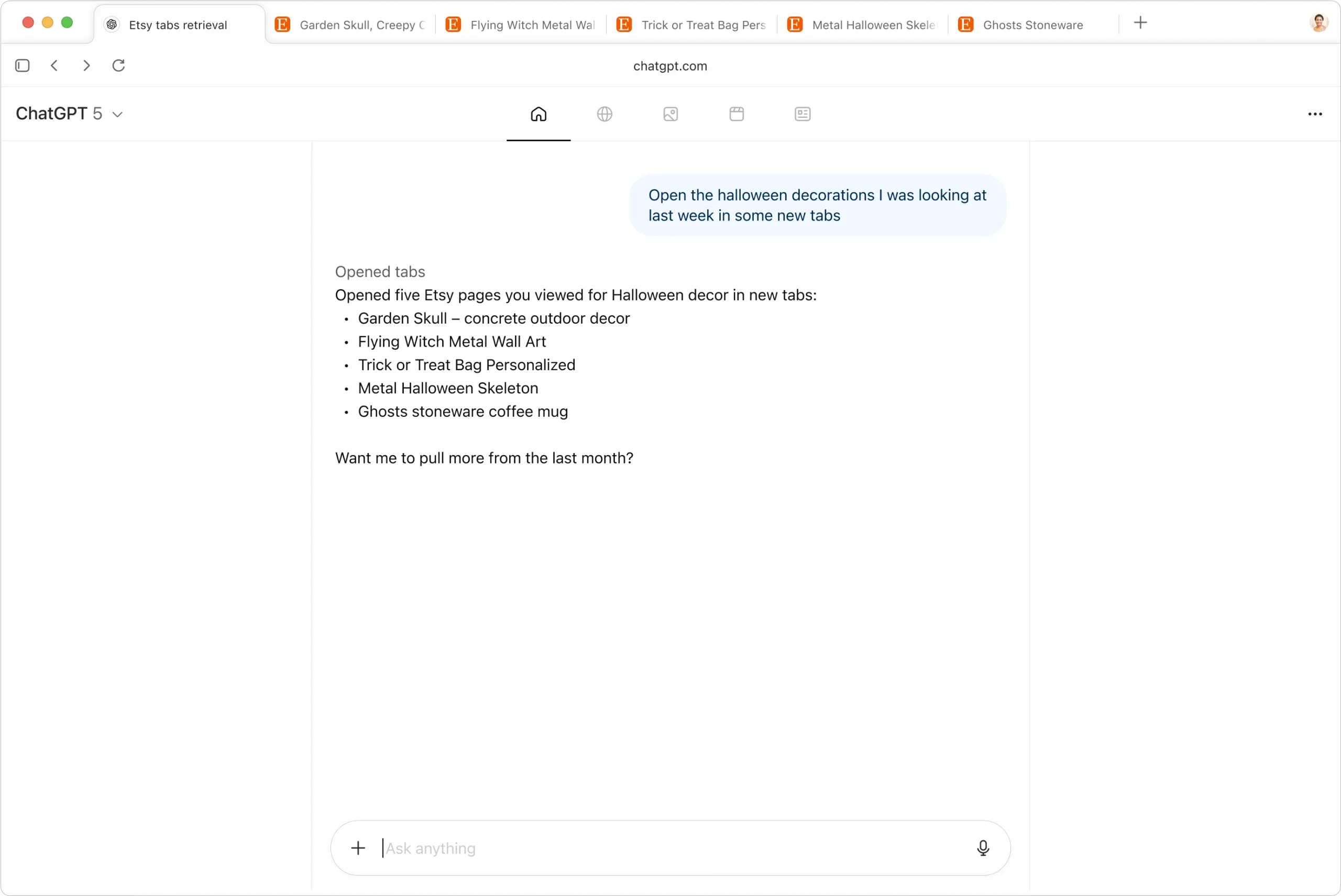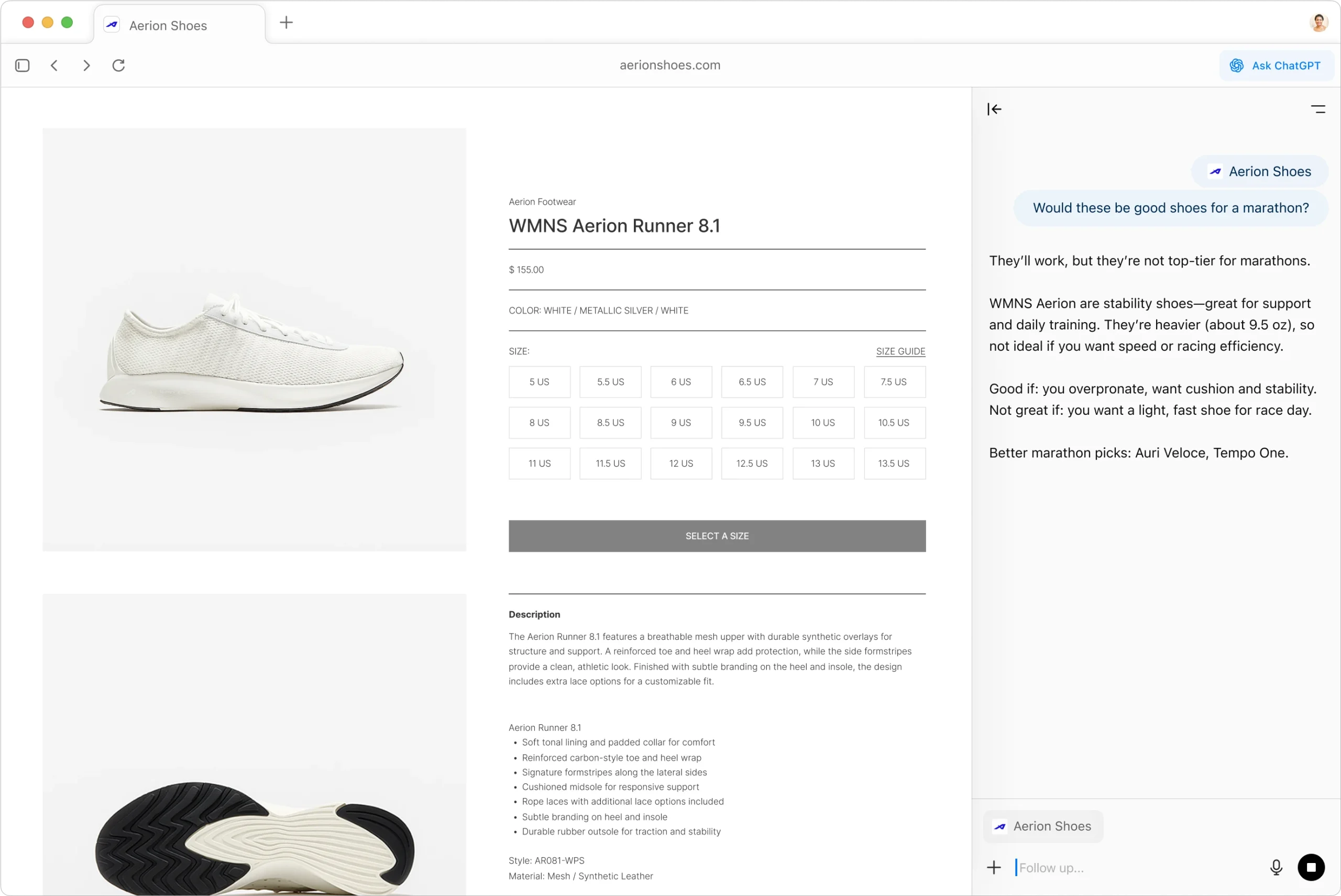Web browsers have looked and worked basically the same way for more than a decade. Tabs, search bar, bookmarks, extensions, all in the same places, built on the same engines. Chrome, Safari, Edge, Firefox: same idea, different logos.
But that’s starting to change, fast.
Every major player in tech now wants to reinvent the browser, spurred by the rise of AI and the promise of controlling one of the most valuable surfaces on any device: the screen where you access the entire internet. And OpenAI just made its move.
From Searching To Delegating
With the launch of ChatGPT Atlas, OpenAI is officially entering the browser wars, and it’s not just about aesthetics or speed. Atlas is built around ChatGPT itself. The AI doesn’t just help you search; it can act.
Type a task, and ChatGPT can literally browse, click, fill out forms, or compare data for you. It’s a fundamental shift from “you navigate” to “it navigates for you.” Browsing becomes delegation, not discovery.
It’s the same underlying tech that powers ChatGPT’s “agent” abilities, but integrated directly into a Chromium-based browser. That means it feels familiar but works very differently: your cursor becomes a collaborator.
The Stakes Are Massive
Whoever controls the browser, controls the gateway to everything online: search, shopping, news, entertainment, even ads. That’s why this new AI-powered wave matters so much.
Google has already begun merging Gemini into Chrome. Microsoft rebuilt Edge around Copilot. Now OpenAI wants to own the experience itself, not as an add-on, but as the interface. It’s not hard to see why: browsers generate immense behavioral data and define the default flows for billions of users.
If AI becomes the layer between you and the open web, whoever runs that AI holds the keys to the next generation of digital attention.
Goodbye Tabs, Hello Agents
The idea of the browser as a passive window might soon feel outdated. In Atlas, ChatGPT can remember what you were doing, resume tasks, or even summarize previous sessions. Instead of bookmarks, you’ll have context. Instead of history, you’ll have memory.
That’s powerful, and a little unsettling.
If AI can navigate the web for you, what happens to sites optimized for human browsing? To ads designed for human attention? To SEO? To publishers?
We’re about to find out.
The Browser Wars Are Back
The original browser wars were about speed and standards. The new ones are about agency, who gets to act on your behalf, and how much you’re willing to let them.
OpenAI’s ChatGPT Atlas marks a new front in that battle. Browsers are no longer just tools for exploring the web. They’re becoming companions that explore it with you or even for you.
And this time, the winner won’t just shape the internet. They might literally drive it.
Also Read:
Google Will Finally Let You Hide Ads, But Only After You’ve Seen Them
You Have a Secret Score on LinkedIn, And It Might Be Limiting Your Reach
ChatGPT Apps Are Live And They Already Include Spotify, Canva, and Zillow




